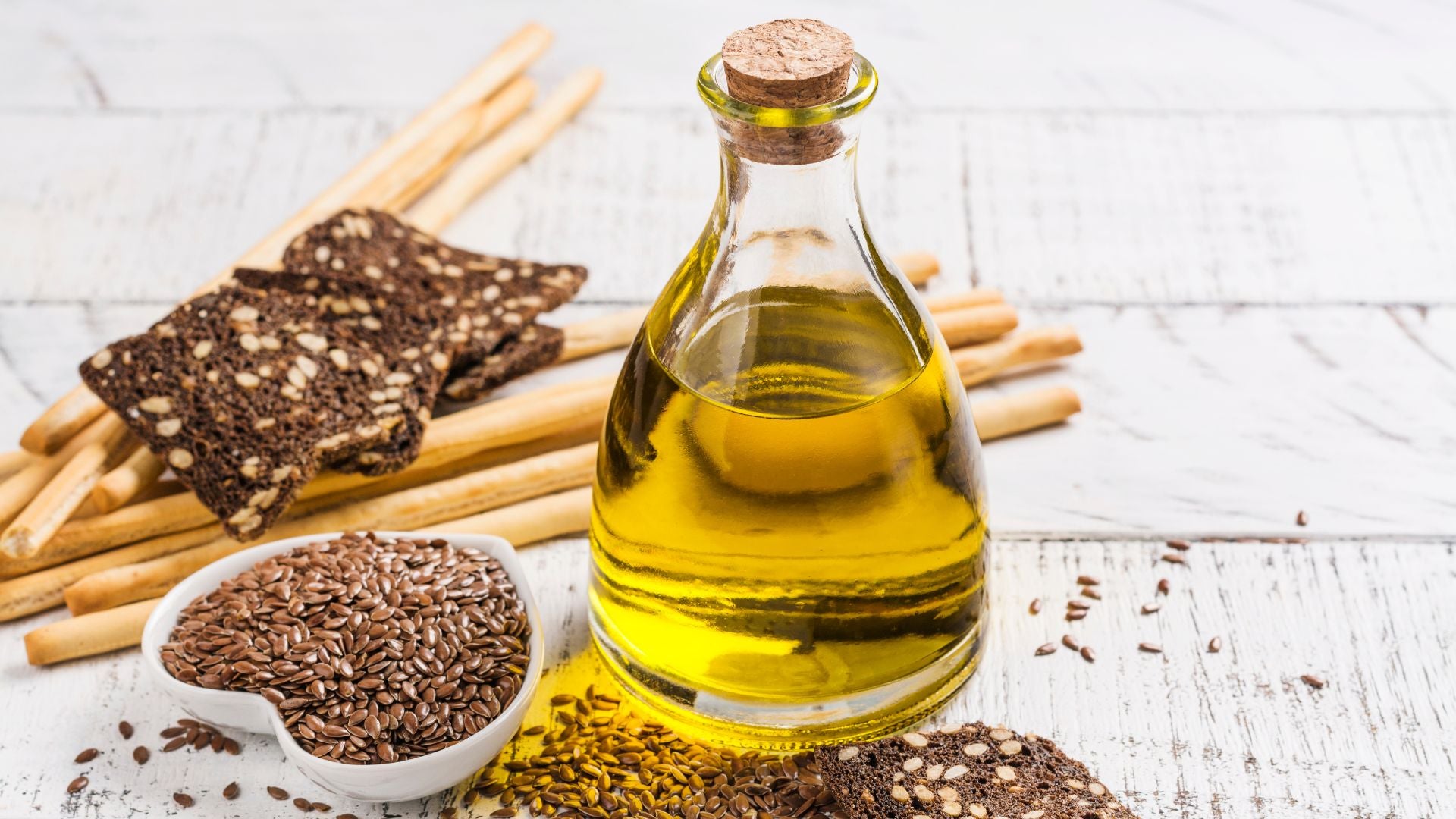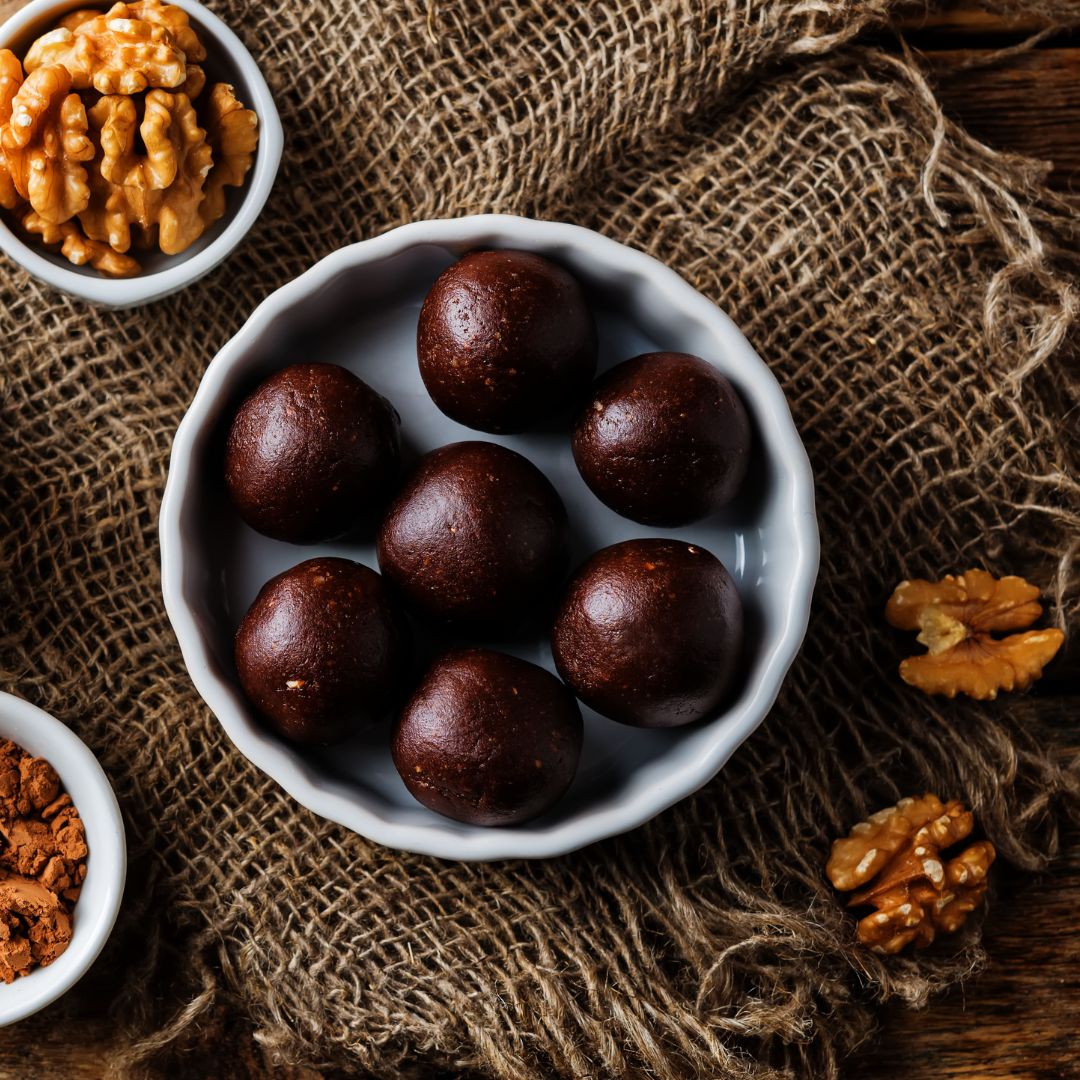
Seed Oils - The Controversy:
Seed oils, like rapeseed (also known as canola), soybean and cottonseed oil, got a lot of bad rap back in the day when these oils were used to make artificial trans fats. Artificial trans fats were a common component of the food supply but it is no longer the case. This is what you need to know:
- Seed oils are not harmful to health in themselves. This was only the case when they were used to make partially hydrogenated vegetable oils, like margarine.
- You no longer need to worry about trans fats in your oils and food in general!
Here is why:
The Difference:
First, let’s distinguish that artificially made trans fats are not the same as natural trans fats, naturally found in some foods. Natural trans fats are found in tiny amounts, which should not raise alarm bells. Since artificial trans fats have been regulated in the food supply in the UK, EU and US, trans fats should not be a reason to worry anymore.
The Big Changes:
In 2019, the European Commission introduced a regulation setting a maximum limit for industrially produced trans fats in food products, stating that the level of trans fats in food products should not exceed 2 grams per 100 grams of fat. This will apply to all food products sold in the EU from April 2021, with a 2-year transition period for small and medium-sized enterprises.
It's worth noting that while the UK has now left the EU, the UK government has announced its intention to adopt the same limits on trans fats as set out in the EU regulation.
In the US, the FDA gave the food industry until mid-2018, to remove partially hydrogenated oils (the main source of artificial trans fats) from their products.
The Verdict:
Despite the benefits of oils, like rapeseed oil, how it’s been used historically has damaged its reputation. Let’s unpack the pros of rapeseed oil and eliminate any lingering fears:
- High in healthy fats: Rapeseed oil is a good source of monounsaturated and polyunsaturated fats, which can help reduce the risk of heart disease.
- Nutrient-rich: Rapeseed oil contains vitamin E, which is important for skin health and immune function.
- Mild flavour: Rapeseed oil has a neutral flavour, making it a versatile option for cooking and baking.
- Stable at high temperatures: Rapeseed oil has a high smoke point, making it suitable for high-heat cooking methods like frying and roasting.
Oils at Kurami:
At Kurami, we use olive oil and rapeseed oil, which are chosen for their nutritional quality, flavours and stability at different temperatures, as well as its structure suitable for the different meals we create. Both of these oils are sources of unsaturated fats, which are considered as healthy, anti-inflammatory and antioxidant-rich types. We avoid using saturated fats, like butter or coconut oil (which are perfectly fine in moderation) and strictly adhere to the maximum amount of saturated fats recommended per day across all of our meal paths.



